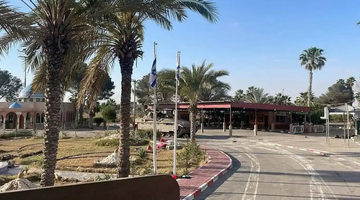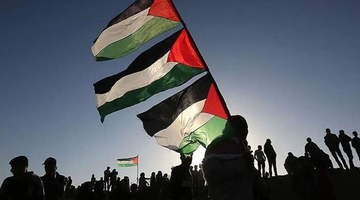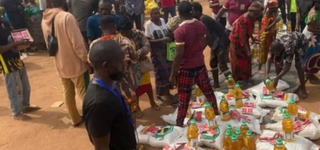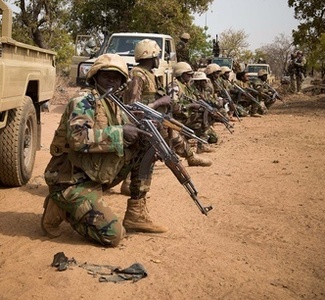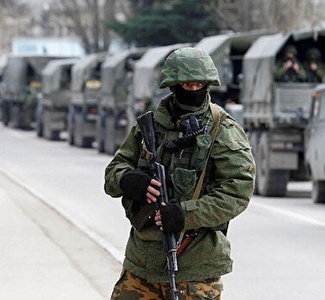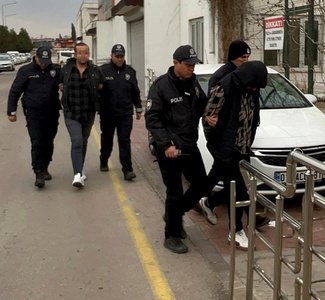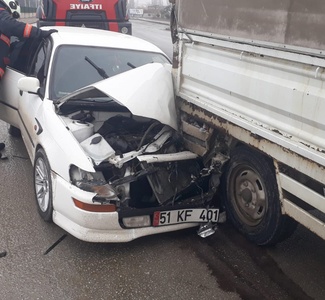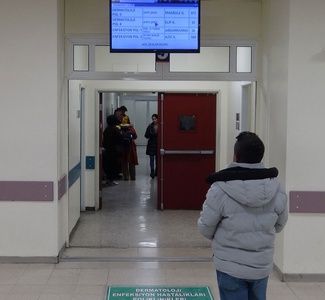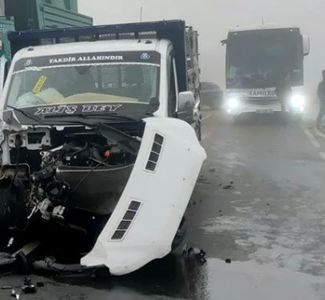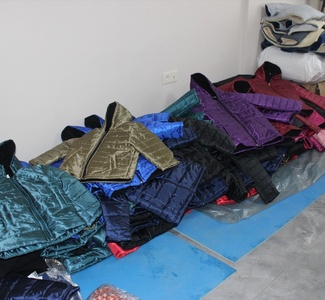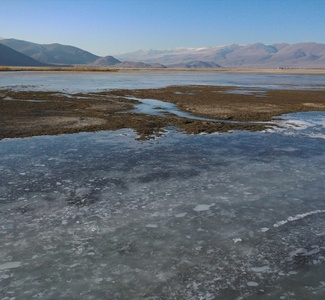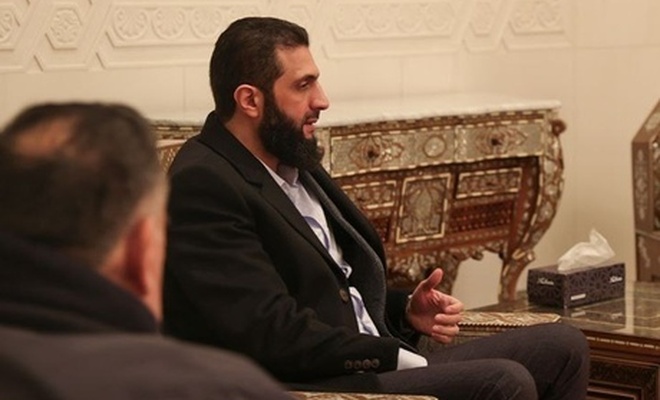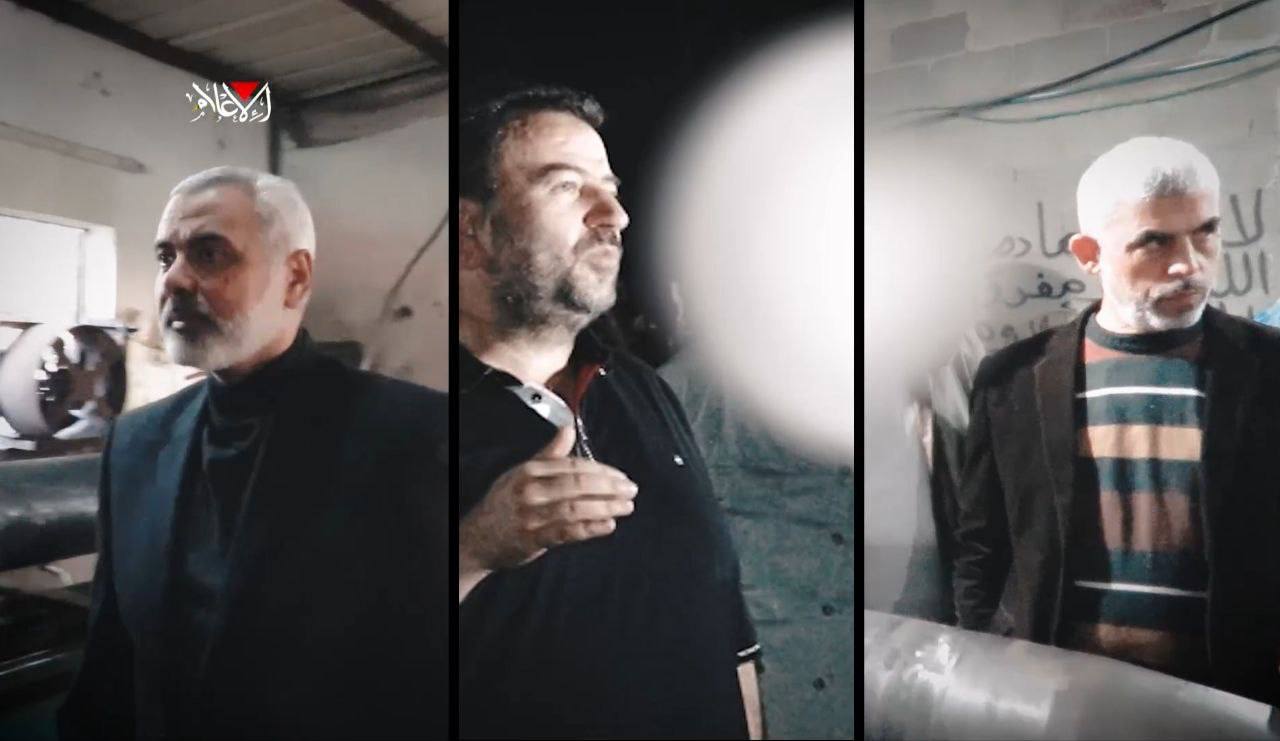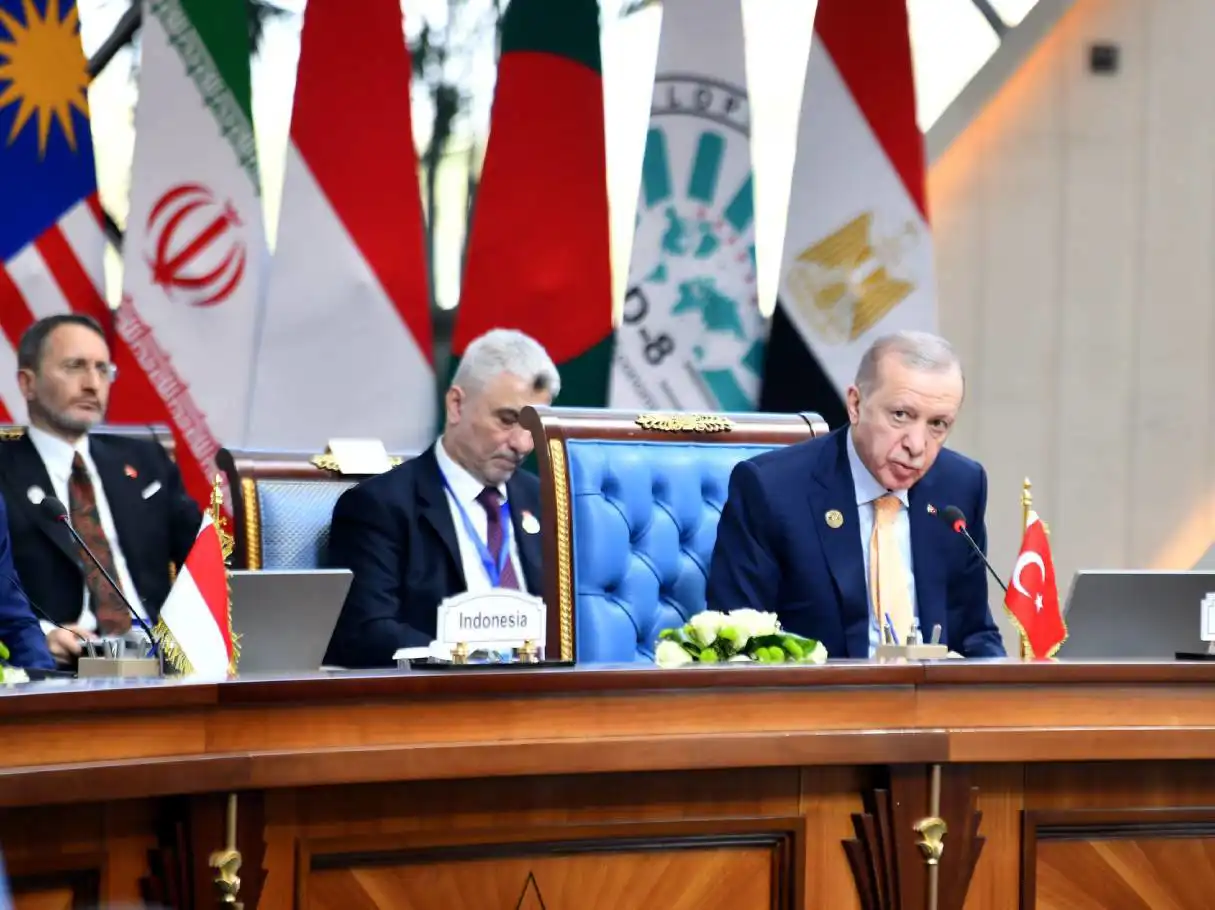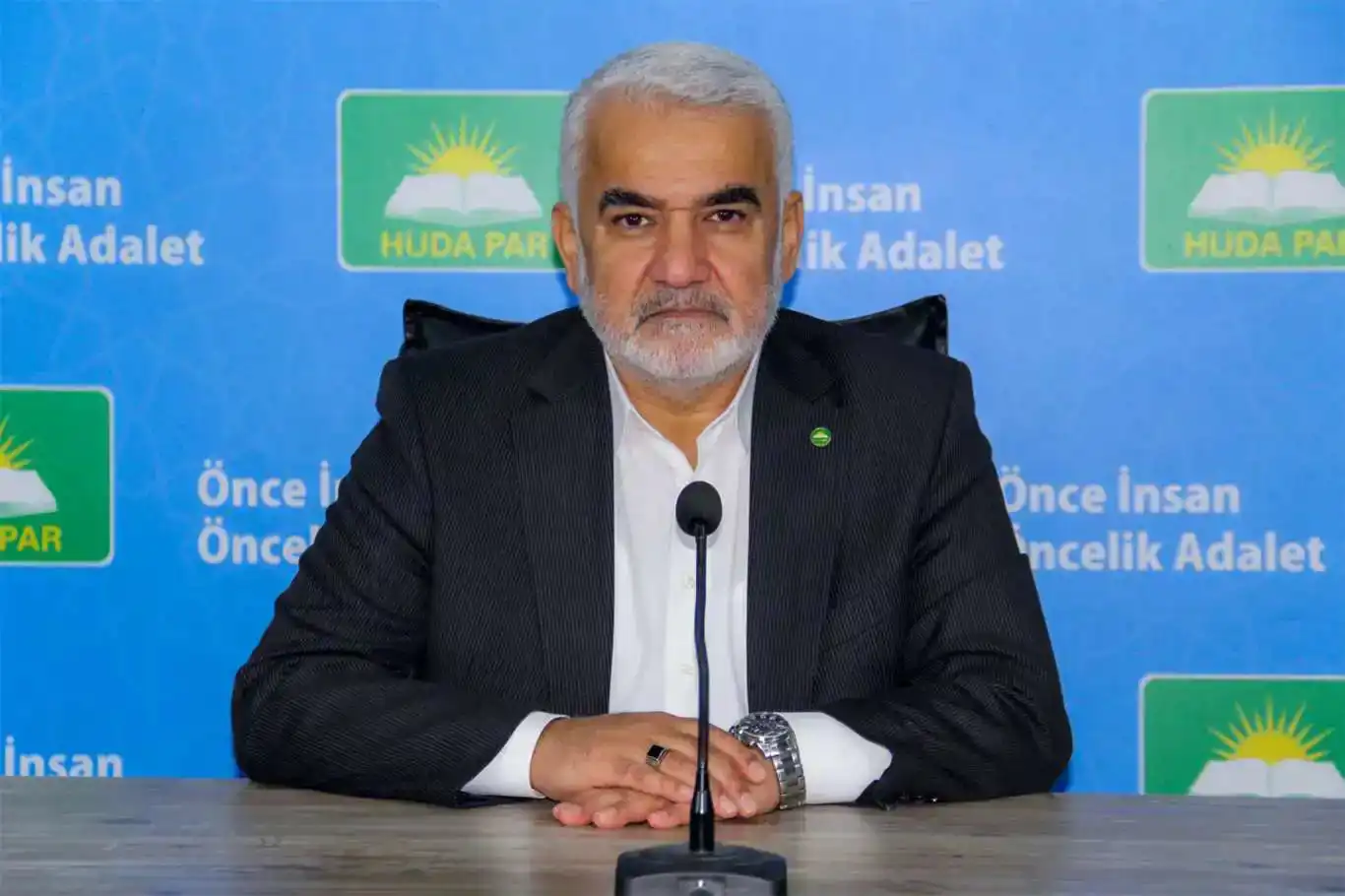Italian mayor faces backlash over ban on Muslim prayers in city
Monfalcone, a city in northeastern Italy, has become a battleground over religious freedom as Muslims are banned from praying inside cultural centers by the far-right mayor.

 Google News'te Doğruhaber'e abone olun.
Google News'te Doğruhaber'e abone olun. The issue has sparked controversy and highlighted tensions surrounding integration and immigration in the country.
The northeastern Italian city of Monfalcone is embroiled in a contentious debate over religious rights as Muslims face a ban on praying inside cultural centers imposed by the city's far-right mayor.
Since November, hundreds of Muslims have been barred from conducting their Friday prayers indoors, leading to gatherings in makeshift locations and legal battles to uphold their constitutional rights.
Rejaul Haq, a property owner in Monfalcone and a naturalized Italian citizen originally from Bangladesh, expresses frustration over what he perceives as harassment by the city's authorities. He questions why Muslims are being singled out and denied the right to establish places of worship when other religious groups are not subject to similar restrictions.
Mayor Anna Cisint defends the restriction on prayer, attributing it to zoning regulations rather than discrimination. She maintains that as a secular state, it is not her responsibility to facilitate the establishment of places of worship, emphasizing her duty to enforce the law.
However, critics argue that the mayor's stance contributes to a climate of hostility and intolerance towards the Muslim community, which makes up a significant portion of Monfalcone's population. Immigrants, primarily from Bangladesh, have settled in the city to work in shipbuilding industries, contributing to its cultural diversity but also sparking tensions over integration.
The controversy surrounding prayer restrictions has garnered national attention, with Mayor Cisint's statements on the "social unsustainability" of Monfalcone's Muslim population drawing criticism. Her affiliation with Matteo Salvini's anti-immigrant League party has further politicized the issue ahead of upcoming European Parliament elections.
Italy's approach to Islam and immigration remains a subject of debate, with only a handful of officially recognized mosques for a Muslim population estimated at over two million. The lack of adequate places of worship contributes to a sense of marginalization and fuels prejudice and fear, according to Muslim associations.
As Monfalcone awaits a court decision on the prayer ban, tensions persist between long-time residents and immigrant communities. The outcome of the legal battle will not only shape the future of religious freedom in the city but also have broader implications for the integration of immigrants in Italy. (ILKHA)




























